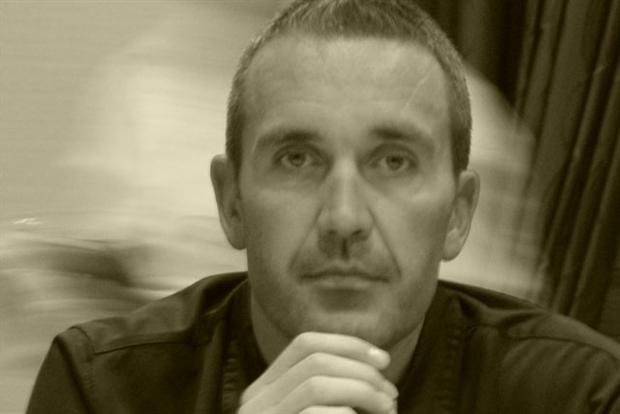The samba beats are getting louder as the World Cup in Brazil draws closer. Simultaneously, campaign noise from brands builds every day. Yet I'll wager that it won't be an official sponsor topping the engagement polls when the trophy is raised in the Maracana on 13 July.
That's less prophetic and more statement of fact when you consider recent history. There's irrefutable evidence to support the theory that non-affiliated brands tend to have stronger cut through than official sponsors. In Sochi, Red Bull achieved the highest brand affiliation index (BAI), yet wasn't an official Winter Olympics sponsor.
So apologies Coca-Cola, Hyundai and co, but I'd suggest investing your money elsewhere.
Sponsorship limits "free" demand creation availability
Historically, Nike and Adidas have employed opposing strategies when it comes to tournament sponsorship.
Adidas has been an official FIFA World Cup partner since 1970, leveraging its investment to sell millions of official World Cup footballs and merchandise, driving revenue in the never ending battle of claim and counter claim around who is number one in football. However, such sponsorship investment limits the amount the brand can subsequently invest in consumer engagement beyond activating their sponsorship rights, leaving the door open to their great rival.
Nike takes the view that global tournaments provide the ultimate showcase of their football positioning, investing vast sums behind communications production, media buys and consumer experiences that drive engagement.
By gaining a disproportionate share of voice around the tournament, consumers perceive Nike, not Adidas, as the official partner. The 'Nike approach' is starting to feel one-dimensional and complacent with recent efforts viewed as lacklustre by critics. Despite that, at the time of writing, this year's "Risk Everything" campaign has been viewed over 50m times on YouTube, admittedly backed by a huge online media buy.
Image tied to that of rights-holders
Sponsorship can be both showcase and straitjacket. An opportunity to be seen by millions but it is how you're seen that can be the problem. Non-sponsors have creative freedom, unconstrained by endless regulations and laborious approval processes that often result in creative being reduced to a shadow of its former self.
In South Africa in 2010, FIFA initiated legal action against Dutch brewer Bavaria, which employed 36 women to attend a Netherlands game in orange clothing - clothing with such discreet branding that no one bar those in the immediate seats could possibly see. Yet FIFA ejected the women from the stadium and pursued a high profile case against Bavaria that resulted in the beer brand achieving more social mentions than all of the official sponsors combined - and almost six times more than official beer partner, Anheuser Busch.
Sponsors have to not only manage their image at the event, but also their association with rights holder. The latter's behaviour can easily rub off on the affiliated brand, often to its detriment.
At London 2012, the LOCOG "brand police" made headlines for their heavy-handed insistence that small, independent businesses joining in the celebrations remove references to the Olympic rings from their displays to protect global sponsorship deals, effortlessly labeling sponsor brands as killjoys at the same time.
And is there anything positive in an association with FIFA? An organisation beset with allegations of bribery and self interest over those of the beautiful game. It is an increasingly tarnished brand and it seems only a matter of time before its partners are tarred with the same brush.
Sponsorship can't fix fundamental issues of brand fit
If, like Red Bull at Sochi, your brand positioning aligns seamlessly with the values of a major sporting event, you are at a considerable advantage.
Red Bull invests heavily in building and consistently executing against its extreme sports positioning. It has used sponsorship selectively to amplify its positioning through innovative events like Felix Baumgartner's space dive, but has also created its own properties such as the Red Bull Cliff Diving World Series and Red Bull Crashed Ice.
Creating the property not only gives title ownership but also the creative freedom that "traditional" events do not allow with branding micro management and endless guidelines. And then when the Winter Olympics show up, consumers readily associate Red Bull, the non-sponsor, with the event, given the natural synergy with their positioning. Win-win.
If there is little apparent synergy, you're going to have to work pretty hard to create a meaningful story beyond slapping logos across every available surface and hoping that the magic of the event rubs off. So the likes of Hyundai and Johnson and Johnson appear to have their storytelling work cut out.
As a betting man, I'm sticking with my bet that the non-affiliated brands come out on top once again in Brazil. And my money is firmly on Paddy Power.
(The author is UK-based chief executive of LOVE and a former Nike and Umbro CMO. This article first appeared on MarketingMagazine.co.uk.)

